Wrocław’s Urban Farm integrates sustainable food production with social inclusion, creating a large-scale, professional cultivation model that supplies fresh produce to public nurseries while empowering marginalised individuals.
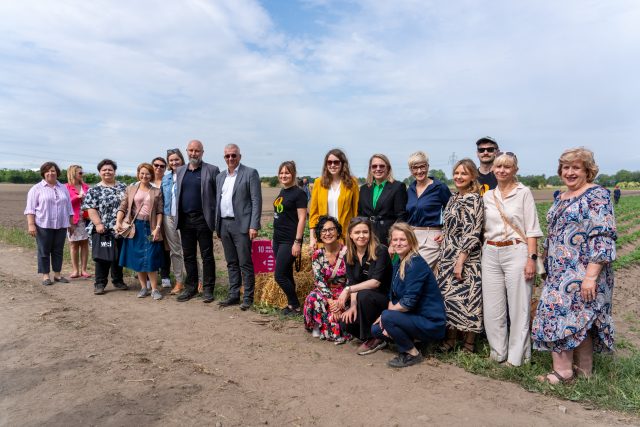

Wrocław’s Urban Farm integrates sustainable food production with social inclusion, creating a large-scale, professional cultivation model that supplies fresh produce to public nurseries while empowering marginalised individuals.
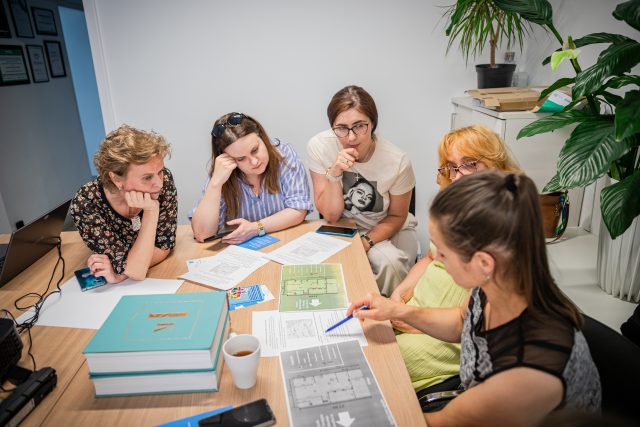
Active Citizen Academy in Kraków empowers residents with skills and tools to shape their local communities.
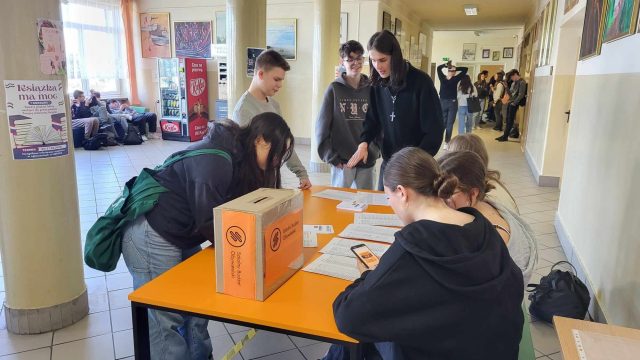
The School Participatory Budget in Krakow empowers students to make real decisions about their school environment through a structured, democratic process.
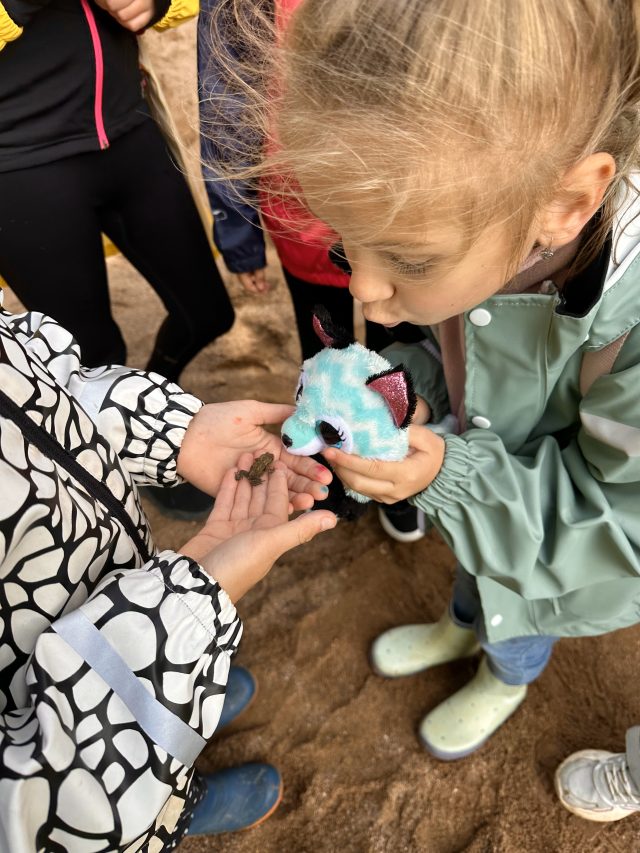
KidsLikeUs supports displaced and vulnerable children by creating inclusive Superhero Sensory Gardens that promote healing, emotional well-being, and social integration through nature-based engagement.
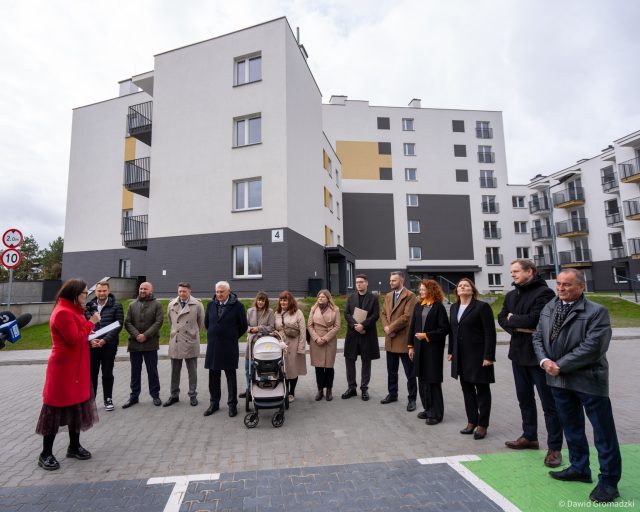
The Apartment for a Graduate programme offers affordable housing to top graduates, helping them settle and work in Białystok.
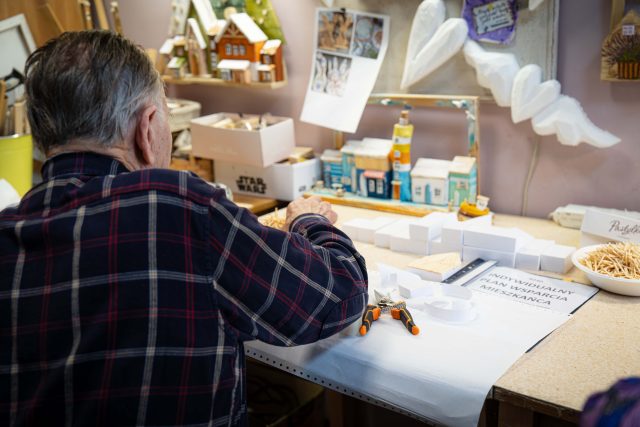
Rybnik’s Municipal Social Welfare Home uses AI to personalise senior care and predict health crises for better outcomes.
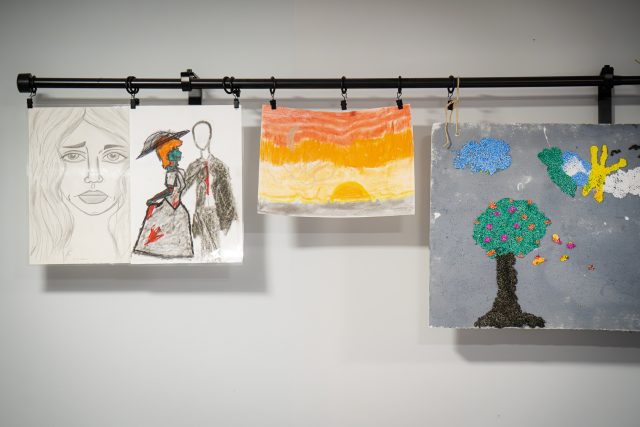
Facing a growing youth mental health crisis, Rybnik’s innovative support program is delivering accessible therapy—giving adolescents the support they need to heal, grow, and thrive.
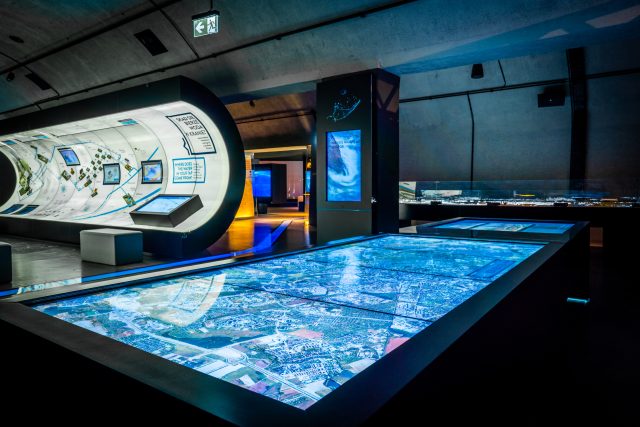
Hydropolis in Wrocław transforms a historic underground water tank into an innovative center, promoting ecological awareness and sustainable water use to millions.
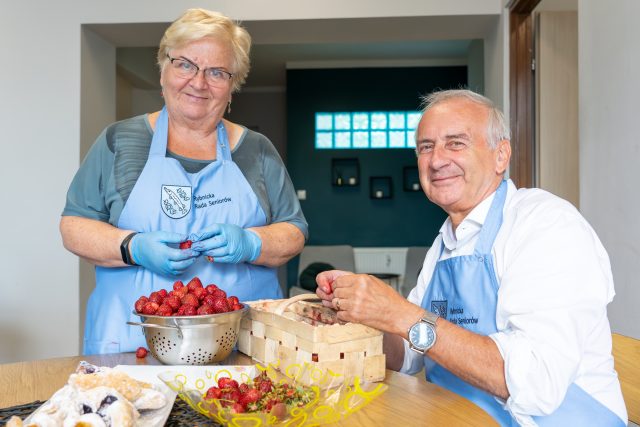
Rybnik’s circular economy project transforms food waste into social value, creating a comprehensive system that repurposes surplus food, supports vulnerable groups, and fosters sustainable consumption practices.
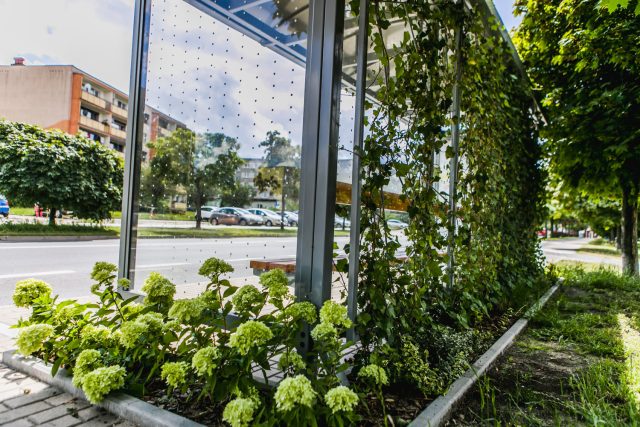
The Green Urban Bus Shelters project in Ostrów Wielkopolski replaces traditional bus stops with eco-friendly shelters featuring year-round vegetation that cools waiting areas, improves air quality, and supports the city’s broader goals for sustainable urban transport and climate resilience.
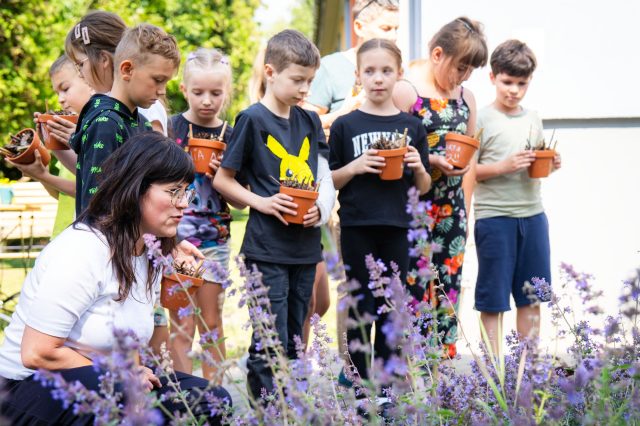
Rybnik’s school gardening programme uses hands-on environmental education to support Ukrainian refugee children, promote sustainability, and foster community cohesion.
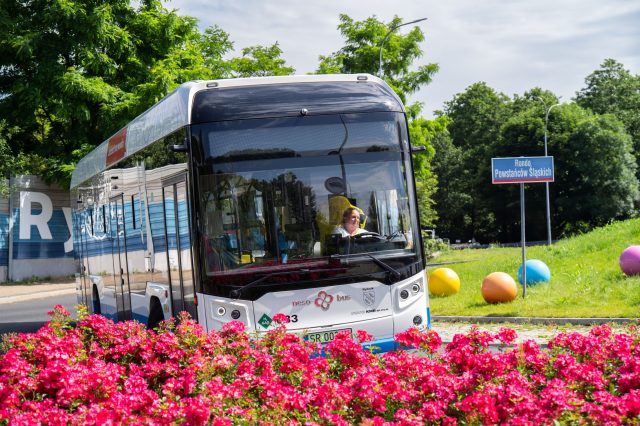
Rybnik is transforming from one of Europe’s most polluted coal-dependent cities into a clean energy leader through hydrogen technology and community-driven emissions reductions.
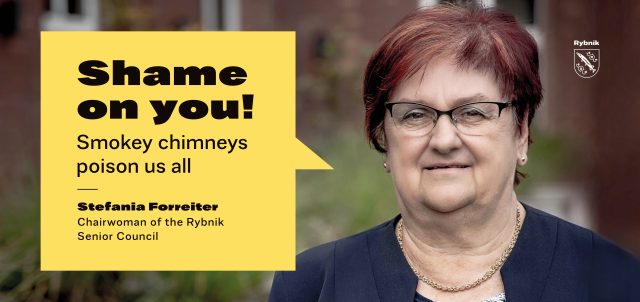
This Anti-Smog Campaign engages with local identity to transform attitudes on heat homes enabling a transition to cleaner energy sources and, consequently, cleaner air.
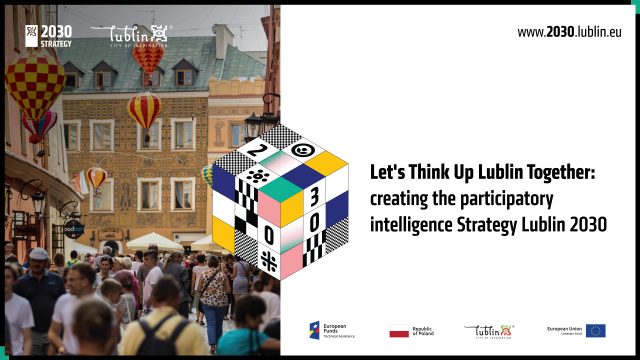
In a complex process, carried out between 2019 and 2022, a widely accepted vision for Lublin in 2030 was agreed upon with a strategy for the development of Lublin.
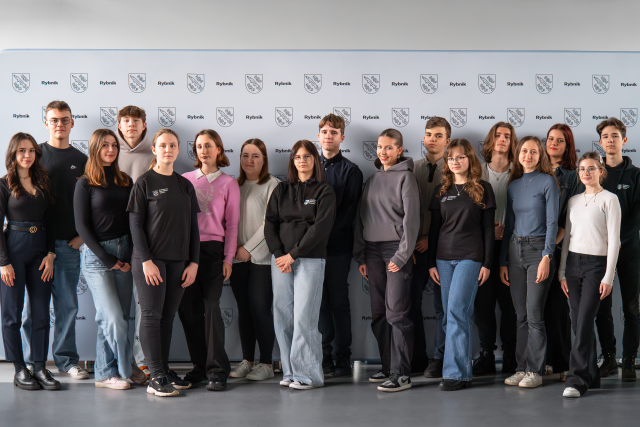
Youth Participatory Budgeting aims to support the development of ideas, engage students in selecting the most appropriate initiatives, and help young people learn how to make collective decisions in their school communities.
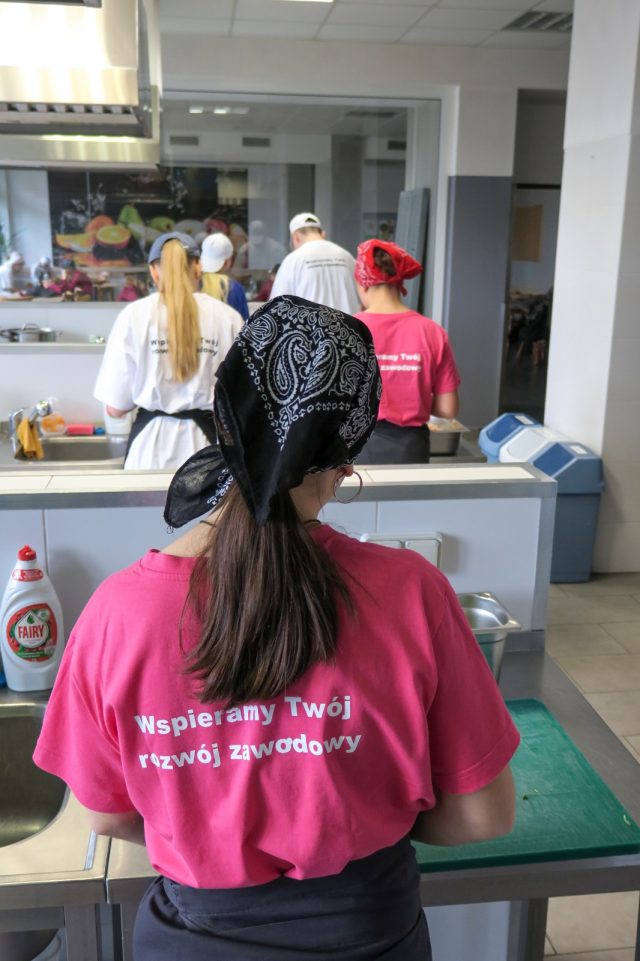
Fifty trainee chefs use surplus food from food stores to cook three-course meals for those in need, preventing food waste while feeding the hungry.
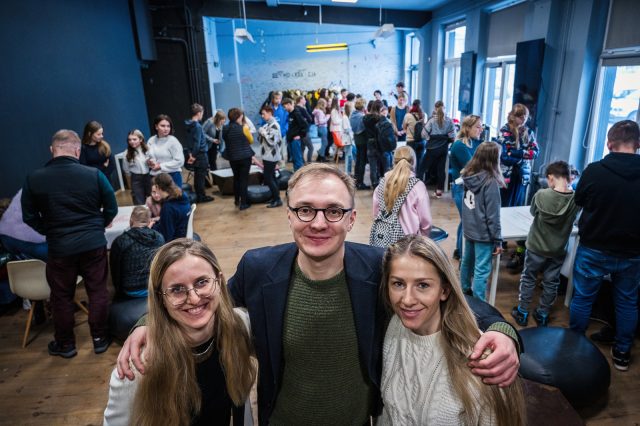
The School Participatory Budget is a democratic process in which selected educational institutions co-decide on the division of a budget allocated to them.
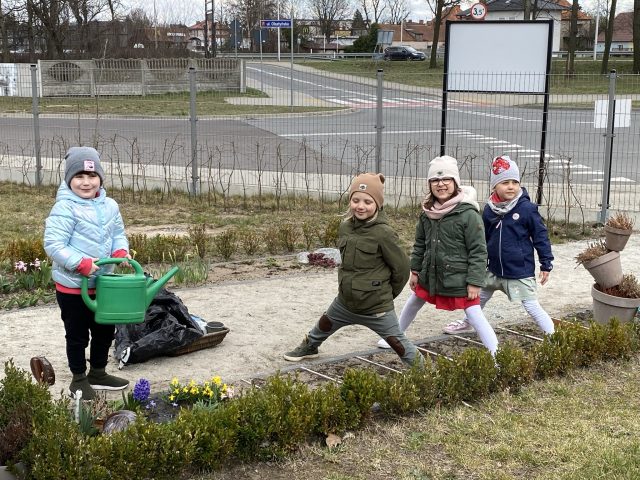
This rainwater collection project involves building storage reservoirs in kindergartens, educating preschoolers about the importance of rainwater and the water cycle, and encouraging effective management of rainwater on school properties.
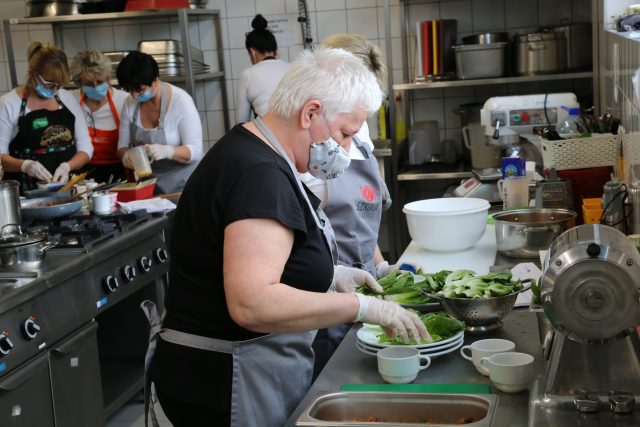
Rybnik takes an innovative and comprehensive new approach to public meal procurement, to ensure the food provided in its institutions is both healthy and sustainable.
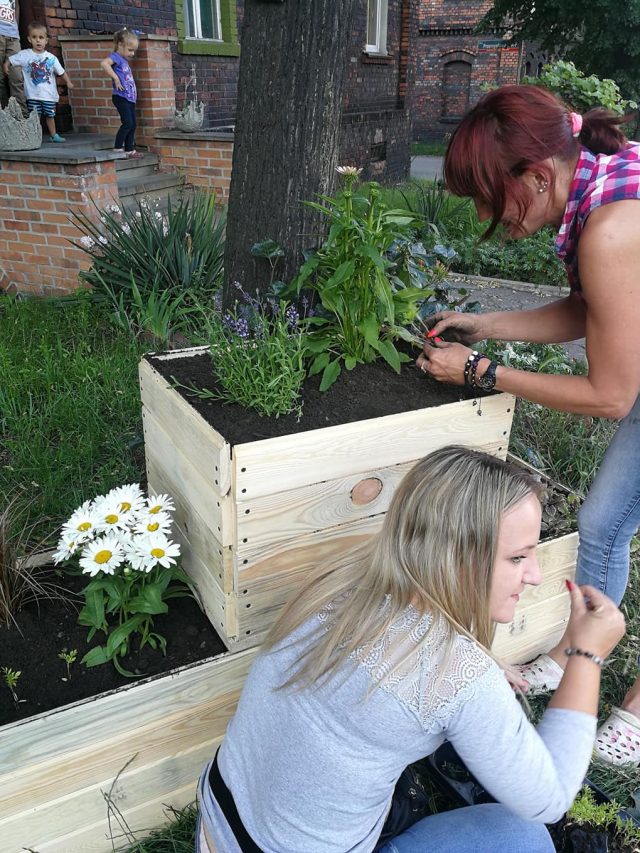
Rybnik sets a national example for civic improvement initiatives by adopting a participatory approach to the revitalisation of degraded areas.